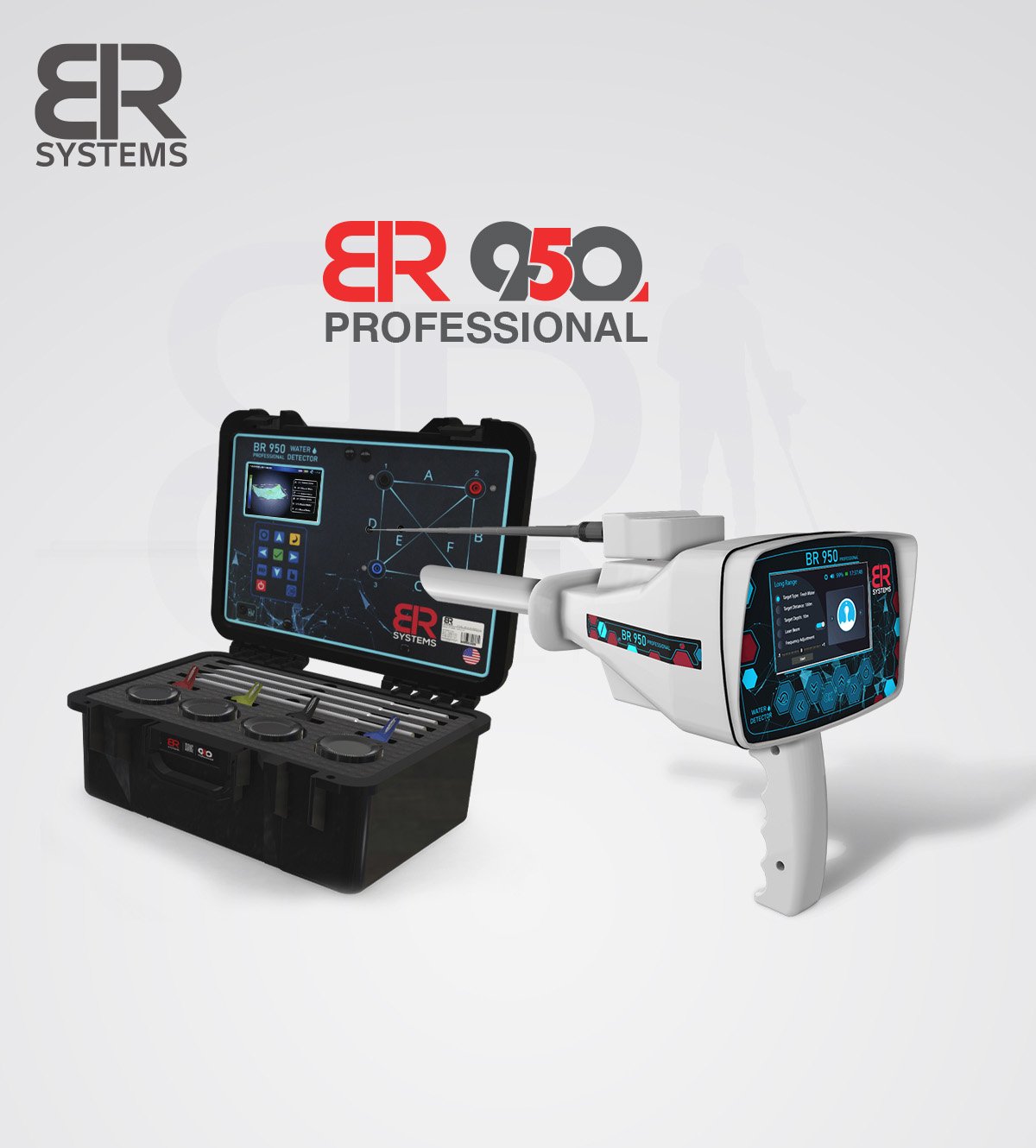When someone refers to the unit for comedian or weightlifter, it can mean different things depending on the context. For comedians, the term “unit” often relates to humor or a particular comedy style, while for weightlifters, it refers to measurable weights or a description of someone’s impressive physique.
This article will explore the dual interpretations, real-life examples, and frequently asked questions about this intriguing phrase.
What Does “Unit for Comedian or Weightlifter” Mean?
Comedian Context
In comedy, a “unit” can metaphorically describe a comedian’s persona or a standout comedic routine. For example:
- A “unit” might describe a joke segment that is particularly strong and unique.
- It could also humorously refer to the physical appearance of a comedian, often with an exaggerated or ironic tone.
Weightlifter Context
In fitness and weightlifting, “unit” is used both literally and colloquially.
- Literally: It refers to the standard measure of weight, such as kilograms (kg) or pounds (lbs).
- Colloquially: Describing someone as a “unit” means they have a large, muscular build, symbolizing strength and power.
Historical and Pop Culture Significance
The Comedic Angle
The phrase “unit for comedian” has roots in comedic circles, where humor is drawn from exaggerating someone’s physical appearance or antics.
For example, comedians like John Candy and Kevin James were often referred to as “units” in jest, combining their physicality with their comedic style.
The Weightlifting Perspective

For weightlifters, being called a “unit” is typically a compliment, signifying dedication to strength and physique. It aligns with the admiration of athletes like Arnold Schwarzenegger or Hafþór Björnsson (The Mountain from Game of Thrones).
The Dual Nature of the Phrase
| Context | Meaning | Example |
|---|---|---|
| Comedy | Refers to comedic routines or exaggerated physical humor | A joke about a comedian’s size or routine delivery. |
| Weightlifting | Literal: a unit of measurement; Figurative: muscular build | A lifter squatting 200kg being called a “massive unit.” |
Why This Phrase Is Popular
- Humorous Appeal:
- The term “unit” conveys humor when used for comedians, often paired with jokes about size or style.
- Admiration of Strength:
- For weightlifter, the phrase reflects admiration for their physical accomplishments.
Reviews and Real-Life Use Cases
Comedians
- Humor and Irony: People love when comedians embrace their “unit” status. It brings a sense of self-awareness and relatability to their acts.
- Notable Comedians: Fans have used the phrase to describe personalities like Gabriel Iglesias (“Fluffy”) in a positive, endearing way.
Weightlifters

- Strength Standards: Reviews from fitness forums often highlight that being called a “unit” motivates lifters.
- Professional Opinions: Trainers agree that “unit” serves as a term of respect among gym-goers and weightlifting communities.
FAQs about Unit for Comedian or Weightlifter
What does “unit” mean in comedy?
It often humorously refers to a comedian’s physicality or comedic style.
Why do weightlifters use the term “unit”?
It signifies strength and an impressive physique, often as a compliment.
Can the term “unit” be negative?
Rarely; it is mostly used positively, though context can change its tone.
What is the literal unit for weightlifting?
The primary units are kilograms (kg) and pounds (lbs), standardized globally.
Pop Culture and Modern Relevance
In memes and social media culture, the phrase “absolute unit” has gained traction. It is used for humorous exaggeration, whether describing a pet, a person, or even an object that appears unusually large or impressive.
Key Takeaways
- The unit for comedian or weightlifter varies in meaning by context.
- It reflects humor in the comedy world and strength in weightlifting.
- The phrase is widely recognized in pop culture and continues to evolve in usage.
People Also Ask:
- What is an absolute unit?
- How is “unit” used in fitness slang?
- Who popularized “absolute unit” as a term?
- Can comedians also be weightlifters?
This detailed guide demystifies the fascinating dual use of the phrase. Whether you’re a comedy enthusiast or a fitness junkie, now you know how to spot a “unit” in any setting!










